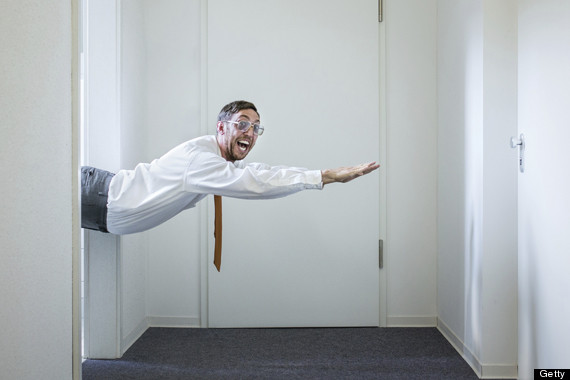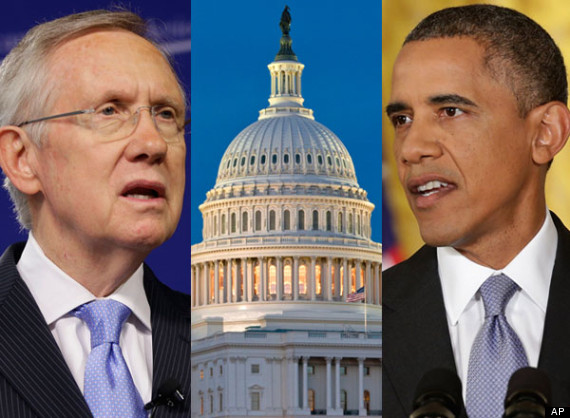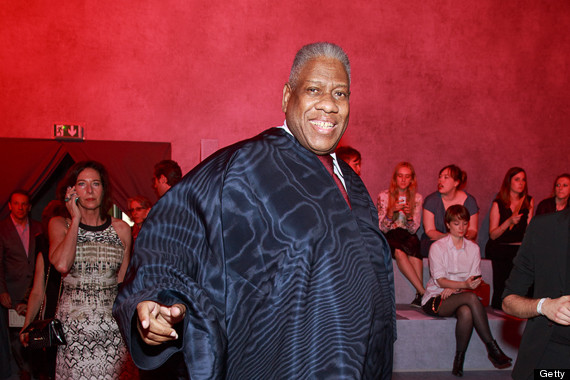
1. The Would-Be Heroes Of Silicon Valley
In New York magazine, Kevin Roose tags along with the inaugural class of the Draper University of Heroes, led by venture capitalist Tim Draper, who -- for just $9,500 a pop (or a share of future income) -- promises to transform mindless worker bees into the future tech moguls of America in just eight short weeks. The goal of the "school for innovators," Roose writes, is "to infect students with the exuberance of tech and make them brave enough to leave a traditional career path for a stint in start-up land." Draper leads them in their daily pledge to "promote freedom at all costs" and "drive, build, and pursue progress and change."
But it's not exactly clear what practical skills, or even concrete business connections, the students are getting. And somewhere amid the pool parties, go-kart races and late-night drinking, the would-be innovators' dreams of making the world a better place seem to give way to visions of just making boatloads of money. "A bunch of us have a bet among ourselves," one student tells Roose. "The first one to make $100 million has to fly everyone else to Las Vegas for a party." As HuffPost's executive Tech editor, Bianca Bosker, notes, the piece is both incredible and tragic. Read the whole thing.

2. Better Living Through Chemistry
Then again, as Laura June reminds us over at The Verge, some folks in Silicon Valley really are trying to change the world. Case in point: Google co-founder Sergey Brin has donated nearly $1 million to a research project in the Netherlands aimed at developing a lab-grown hamburger.
The mysterious meat made a very public debut earlier this month in London, where it "arrived under a silver dome and was promptly put onto a pan to sizzle with a dab of butter and a splash of sunflower oil," The Washington Post reported. Two people, Austrian nutritional scientist Hanni Rützler and American food writer Josh Schonwald, had the honor of tasting the creation, and their reviews seem to be a bit mixed. Rützler said that the burger had “quite a bit of flavor” and rated the consistency “perfect,” June reports. But Schonwald seemed less enthusiastic, according to the Post, saying the specimen tasted like “an animal protein cake.”
So perhaps there is still a bit of work to do before the lab-burger goes head to head with the real thing on restaurant menus and supermarket shelves. It would be easy to dismiss the experiment as an expensive failure, and laugh it off (as many late-night comedians and cable news anchors have done). But June makes the case that this research is vitally important.
The cost of meat production in terms of the environment, animal welfare and global health is already staggering, and meat consumption globally is predicted to double by 2050, she writes. These facts will be familiar to environmental and animal-welfare activists. But for those not already steeped in the issue, June's feature is a compelling overview. And her highlight of the extent to which scientists are working in this area -- there are about 30 labs around the world working on creating cultured meats, June reports -- is a fresh take.
"This is one small bite for man, one giant bite for mankind," Schonwald says optimistically in a video that accompanies the Verge article. Let's hope he's right.
Bonus: Researchers in Baltimore just announced that they have managed to turn the fiercely carnivorous cobia fish into a vegetarian -- a development that could have huge implications for the health of the world's oceans and marine life.

3. The Coming Dark Age For Science In America
If you're working on beefing up a lab-burger, you're in prime shape, it seems. But if you're a scientist whose research doesn't pique the interest of a deep-pocketed techno-visionary or have commercial appeal to the pharmaceutical industry, you're dead meat. As HuffPost's Sam Stein reports, sequestration has taken a huge bite out of the budget for the National Institutes of Health. As a consequence, research projects are being scaled back or not funded at all, and scientists are facing the prospect of closing their labs, laying off their assistants, and watching years of research go down the drain.
One scientist told Stein that this is the "worst funding environment during my career." Another said that she resorted to sneaking into symposiums in order to save cash, and compared the austerity to what she had experienced in the Soviet Union before fleeing to the United States. America's status as a scientific leader is now in jeopardy. Scientists are already looking for jobs overseas because they cannot obtain funding here. Moreover, Stein writes, "the money being cut now will have lasting damage, both economic and medical, as cures to diseases are left undiscovered and treatments left unearthed." Or, as one scientist put it more succinctly, "We are in deep shit."
Have you read a good longform feature lately? Email me at sasha@huffingtonpost.com.

4. The Fashion Icon
There is a scene in the 2009 documentary "The September Issue," in which fashion guru André Leon Talley explains that Anna Wintour, the editor-in-chief of Vogue, had staged an intervention for the sake of his health, prompting him to take up tennis. Yet, as he lazily swats a backhand -- Louis Vuitton towel draped around his shoulders, vintage 1960s Piaget watch sparkling on his wrist -- it's a bit hard to imagine Talley working up much of a sweat.
If you know Talley only from that film, as I had, it would be easy to view him as just another slightly ridiculous, larger-than-life character of the type that seem to populate the fashion industry. But as Vanessa Grigoriadis writes in the September issue of Vanity Fair, Talley is a living, breathing encyclopedia of fashion history -- "perhaps the industry’s most important link to the past."
And for all the talk of jet-setting with bold-faced names like Carine Roitfeld and Gloria von Thurn und Taxis -- there are many fun moments in this article -- Talley is something of a tragic figure. Wintour's intervention has failed, and Talley's weight has ballooned to somewhere north of 355 pounds. He has taken to cloaking his large frame in robes, caftans and capes, which designers have custom-made for him. And despite his status as a fashion icon -- “When he comes into a room, everybody in the room looks towards him,” Gloria von Thurn und Taxis says -- he confesses that he is also lonely. “I just said to a friend, ‘I can create this magic, so why don’t I have a lover?’” he tells Grigoriadis.
Bonus: For another insightful look at the fashion industry, read former Australian Vogue editor Kirstie Clements' recent exposé in The Guardian about the fashion world's thin-obsessed culture that is leading models to starve themselves. While society has long been concerned with these issues, the problems are worse than you think, Clements says.
Bonus #2: In the latest issue of Huffington, Kim Bhasin takes a look at how Lululemon is shunning plus-sized shoppers. Download the issue for free in the App Store.
5. The African 'Princess'
Forbes has a deep investigation into how Isabel dos Santos, the oldest daughter of Angolan President José Eduardo dos Santos, amassed an estimated $3 billion in personal wealth, in a country where 70 percent of the population lives on just $2 a day. The story would be shocking if it didn't seem so common. Indeed, as Forbes' Kerry A. Dolan and Angolan investigative journalist Rafael Marques de Morais put it, "Her story is a rare window into the same, tragic kleptocratic narrative that grips resource-rich countries around the world."
Still, the details of how dos Santos became Africa's only female billionaire -- and also, at 40, its youngest -- are mind-boggling. Through various partners, and with the help of her father, she has acquired significant stakes in Angola's major industries, including banking, diamonds and telecom. Instead of a success story -- after decades of upheaval, the mineral-rich Angola has become one of the world’s fastest-growing economies -- it's a tale of how one family has abused its power to line its own pockets, and insulate itself from culpability.
